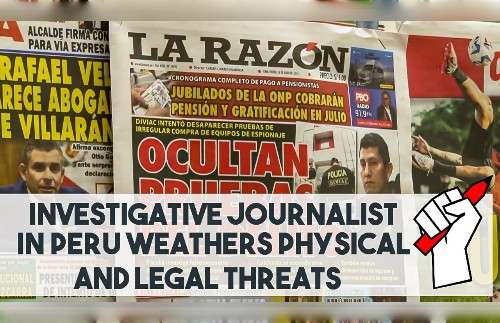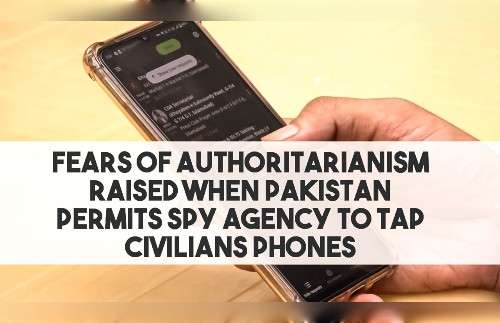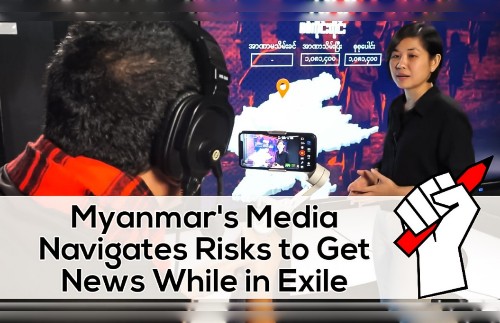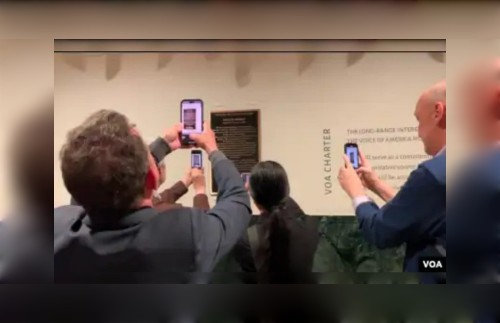
As Japan commemorates the 9th anniversary of the Fukushima accident, Reporters Without Borders (RSF) calls on the authorities to let journalists investigate the matter freely.
On Wednesday March 11, Japan will commemorate the ninth anniversary of the Fukushima nuclear power plant accident, caused by a tsunami that left 18,500 dead and missing and 160,000 evacuated. For nine years, the site rejects massive amounts of radioactive material into the sea and in the atmosphere. However, the media investigating the subject are subject to numerous pressures and attempts at censorship .
Reporters Without Borders (RSF) calls on the Japanese authorities to allow the media to freely investigate all matters related to the Fukushima plant. In particular, journalists, including foreign correspondents and freelancers, should be able to go to the central site and access all the data available.
” It is essential that the public have independent information on radiation levels and their health risks,” insists Cédric Alviani, director of the East Asia office of RSF. “The Japanese government cannot ignore transparency, while it encourages evacuees to resettle in the contaminated area. “
Many Japanese journalists denounce self-censorship in the mainstream media – they argue pressure from the government and the nuclear lobby, who want to prevent the publication of information giving “a negative image of Japan” or which could harm the preparation of the Games 2020 Olympics, to be held in Tokyo this summer.
A television reporter who worked for a famous news program and who wishes to remain anonymous recalls “strong pressure from government and advertisers” to dissuade his team from investigating the long-term effects of radioactive substances emitted by the plant. “We have heard of phone calls from Prime Minister Shinzo Abe’s office asking management to put some journalists out of the closet. “
In 2014, the daily newspaper The Asahi Shimbun drew the wrath of the government for having published an article explaining that at the time of the accident, 90% of the employees of the plant were absent. The newspaper’s board of directors had to apologize publicly, and the article’s authors, seasoned journalists Hideaki Kimura and Tomomi Miyazaki , were later forced to resign.
Martin Fackler , who headed the New York Times office in Tokyo between 2009 and 2015, confirms a “total lack of transparency” at the level of the authorities and believes that the public apologies of Asahi Shimbun “have served as an example for discourage other major media outlets from investigating matters related to the Fukushima plant. “
In 2017, the United Nations Special Rapporteur on freedom of expression, David Kaye, had expressed concern about press freedom in Japan. In 2019, he noted a further worsening .
Japan ranks 67th out of 180 in the 2019 RSF World Press Freedom Index .
Copyright ©2016, Reporters Without Borders. Used with the permission of Reporters Without Borders(RSF), CS 90247 75083 Paris Cedex 02 https://rsf.org
Escaping from Scam Center on Cambodia’s Bokor Mountain
UN Security Council Meets to Discuss Children and Armed Conflict
10 Shocking Revelations from Bangladesh Commission’s Report About Ex-PM Hasina-Linked Forced Disappearances
Migration Dynamics Shifting Due to New US Administration New Regional Laws
UN Security Council Meets to Discuss the Maintenance of International Peace and Security and Artificial Intelligence
Winter Brings New Challenges for Residents living in Ukraine’s Donetsk Region
Permanent Representative of Israel Briefs Press at UN Headquarters
Hospitals Overwhelmed in Vanuatu as Death and Damage Toll Mounts from Quake
Subscribe Our You Tube Channel
Fighting Fake News
Fighting Lies


















